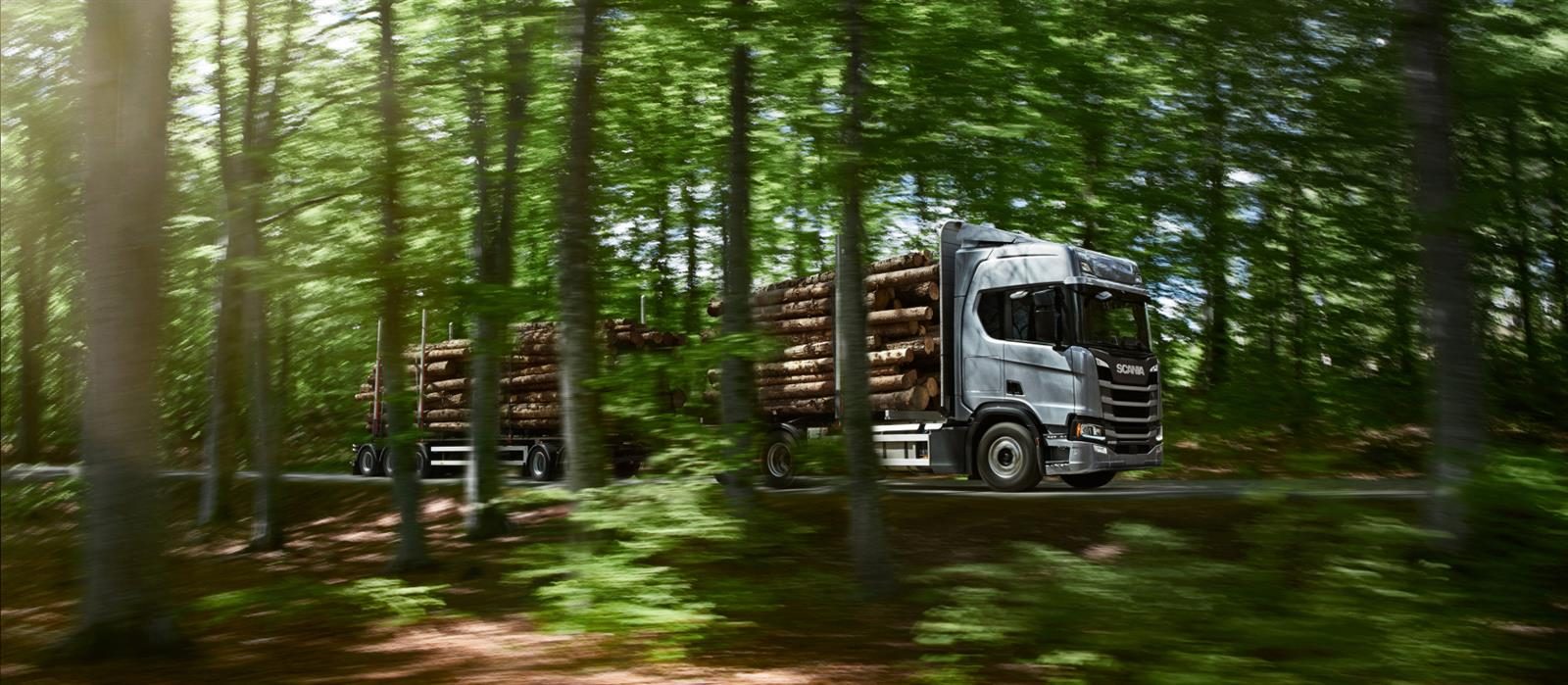
Scania increased its net sales to a record high SEK 66.2 billion (about NZ$10.86 billion) in the first six months of 2018, an increase of 9 percent compared with the previous year.
Summary of the first six months of 2018:
- Operating income rose to SEK 6,950 m. (6,464)
- Net sales increased by 9 percent to SEK 66,228 m. (60,541)
- Cash flow amounted to SEK -1,157 m. (3,290) in Vehicles and Services
- As from 2018 Scania‘s presentation of the income statement has been adjusted to align with Volkswagen Group‘s (including comparative periods)
“Scania increased its net sales to a record high SEK 66.2 billion in the first six months of 2018, an increase of 9 percent compared to the previous year,” says Henrik Henriksson, president and CEO. “Earnings amounted to SEK 6,950 m., which gave an operating margin of 10.5 percent. Higher vehicle and service volume contributed positively and so did currency effects while a less favourable market mix, higher production costs for running double product ranges and continuing constraints in the supply chain impacted earnings negatively. The recent strained situation in the supply chain was aggravated by a strike at a component supplier, which means that Scania has been temporarily forced to stop deliveries and sales of V8 engines. As a result of these disruptions, inventory levels have increased, and combined with the high investment level impacts negatively on cash flow.”
Henriksson says demand for trucks remains strong in most markets, driven by the automotive, mining, forestry and agricultural sectors, among others. Demand for buses and coaches also continues to be strong.
“In the business area engines, demand is reaching new record levels and the trend is positive in all segments. Financial services reported operating income of SEK 665 million and credit losses remain at low levels.
“There is high capacity utilisation in customer vehicle fleets and service revenue amounted to a record high SEK 13.1 billion in the first half of 2018, an increase of 12 percent. Digitalisation and connectivity are critical in the shift towards a sustainable transport system and constitute increasingly important elements in Scania‘s service offering. Using digitalisation, we can improve the efficiency of our own service business through better capacity utilisation in workshops and thus offer customers more efficient service to enhance their profitability. Meanwhile, digitalisation also opens up for new business models, such as Scania Go, a recently launched mobility service. Through a single app, Scania‘s employees are given access to a range of different modes of transport during the working day as an alternative to the private car. The aim is to promote sustainable and shared travel and to explore the potential of the system in a broader, commercial perspective.”




